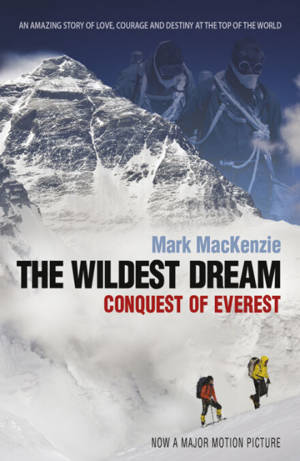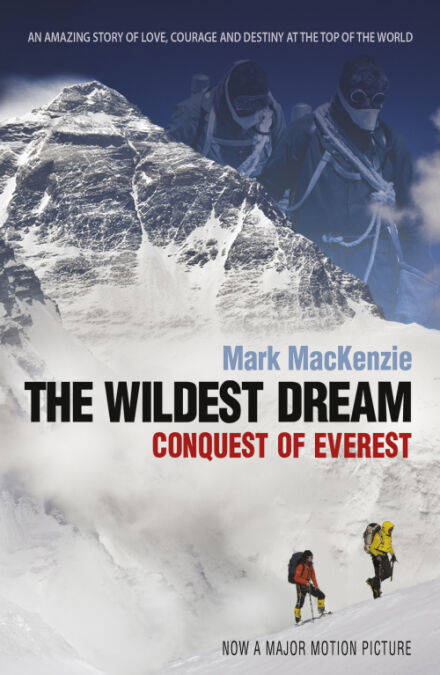
- Retrait gratuit dans votre magasin Club
- 7.000.000 titres dans notre catalogue
- Payer en toute sécurité
- Toujours un magasin près de chez vous
- Retrait gratuit dans votre magasin Club
- 7.000.0000 titres dans notre catalogue
- Payer en toute sécurité
- Toujours un magasin près de chez vous
Description
In 1924, George Mallory and Sandy Irvine disappeared into the clouds encircling the peak of Everest. Whether they were the first men to reach the top of the Earth's highest mountain remains a mystery. They never returned from their ill-fated expedition.
Seventy-five years later, the then-unknown mountaineer Conrad Anker made an extraordinary discovery. He spotted 'a patch of white' standing out against the rock; it was Mallory's frozen body. Mallory's treacherous route on Everest's northern slopes remains one of the most demanding challenges in mountaineering. So, is it possible that Mallory and Irvine -- exhausted, confused and oxygen-starved -- could have made the ascent all those years ago without artificial aid?
Last year, Anker returned to Everest to find out. His partner was Leo Houlding, a freakishly talented young British climber with an appetite for death-defying ascents but untested at extreme altitude. Houlding, the lightning-fast, wild child of climbing, stands poles apart from Anker, a soft-spoken altruist and environmentalist. Kitted out in replica clothing and with a film crew recording their every move, they set off to solve Everest's oldest mystery.
What they found was a story which explores the very nature of modern adventure. Against a backdrop of conflicting personal goals, commercial pressures, and a thirst for answers, they pushed themselves to the limit. Haunted by the memory of Mallory and Irvine, they were all too conscious that here, in the most dangerous place on the planet, they risked their lives with every step.
Spécifications
Parties prenantes
- Auteur(s) :
- Editeur:
Contenu
- Langue:
- Anglais
Caractéristiques
- EAN:
- 9781848541856
- Date de parution :
- 13-05-09
- Format:
- Ebook
- Protection digitale:
- Adobe DRM
- Format numérique:
- ePub

Les avis
Nous publions uniquement les avis qui respectent les conditions requises. Consultez nos conditions pour les avis.






